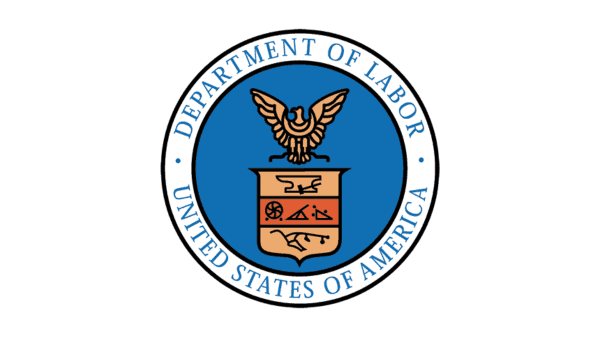Proposed rules issued on September 12 by the Department of Labor (DOL) would affect the H-2A guestworker program.

“The proposed rule would add new protections for worker self-advocacy, better protect workers against retaliation, make foreign labor recruitment more transparent and enhance the department’s enforcement,” says DOL. Provisions include:
• Added protection for worker self-advocacy, including expanded access to guests (including labor organizations) to employer-provided housing.
• Clarifying when a termination is “for cause”—that is, when the employee fails to meet prespecified standards or “fails to comply with employer policies after the employer applies a system of progressive discipline.”
• Making foreign labor recruitment more transparent: the DOL, along with the Government Accountability Office and the department’s Office of Inspector General, “has found that increased transparency is necessary to help protect agricultural workers from predatory practices during the recruitment process.”
• Making wages more predictable and up-to-date, for example by making new wages effective immediately upon their publication in the Federal Register rather than several weeks afterward.
• Improving workers’ access to safe transportation, including seat belts.
• Enhancing enforcement to improve program integrity.
The Florida Fruit and Vegetable Association (FFVA) has criticized the new rules on the grounds that DOL has been issuing a lot of them lately. Also, that they assail private property rights.
The FFVA response is, of course, understandable: no industry welcomes more regulations.
Nevertheless, industry responses to such issues—individual and collective—have an impact going beyond the DOL—for example, on world public opinion.
Tomoya Obokata, an UN special rapporteur investigating global slavery, said in the wake of a recent 14-day visit to Canada: “Employer-specific work permit regimes, including certain Temporary Foreign Worker Programmes, make migrant workers vulnerable to contemporary forms of slavery, as they cannot report abuses without fear of deportation.”
Ontario fruit and vegetable growers have criticized Obokata’s comments.
Bill George, a grape grower and chair of the Ontario Fruit and Vegetable Growers’ Association (OFVGA) labor section, said the industry does not support employers who mistreat or take advantage of the people they employ.
“Assigning hateful and broad labels to all the hardworking farmers and their employees in the program is not the solution,” George said.
All very true, to be sure. But to say that widespread abuses do occur is not exactly the same as applying “hateful labels” to all growers.
The produce industry might profit more from moving away from blanket denials of such abuses and moving toward more concrete and visible efforts toward eliminating them.
No doubt you have an opinion of your own. If so, you have till November 12 to make them known to DOL.



